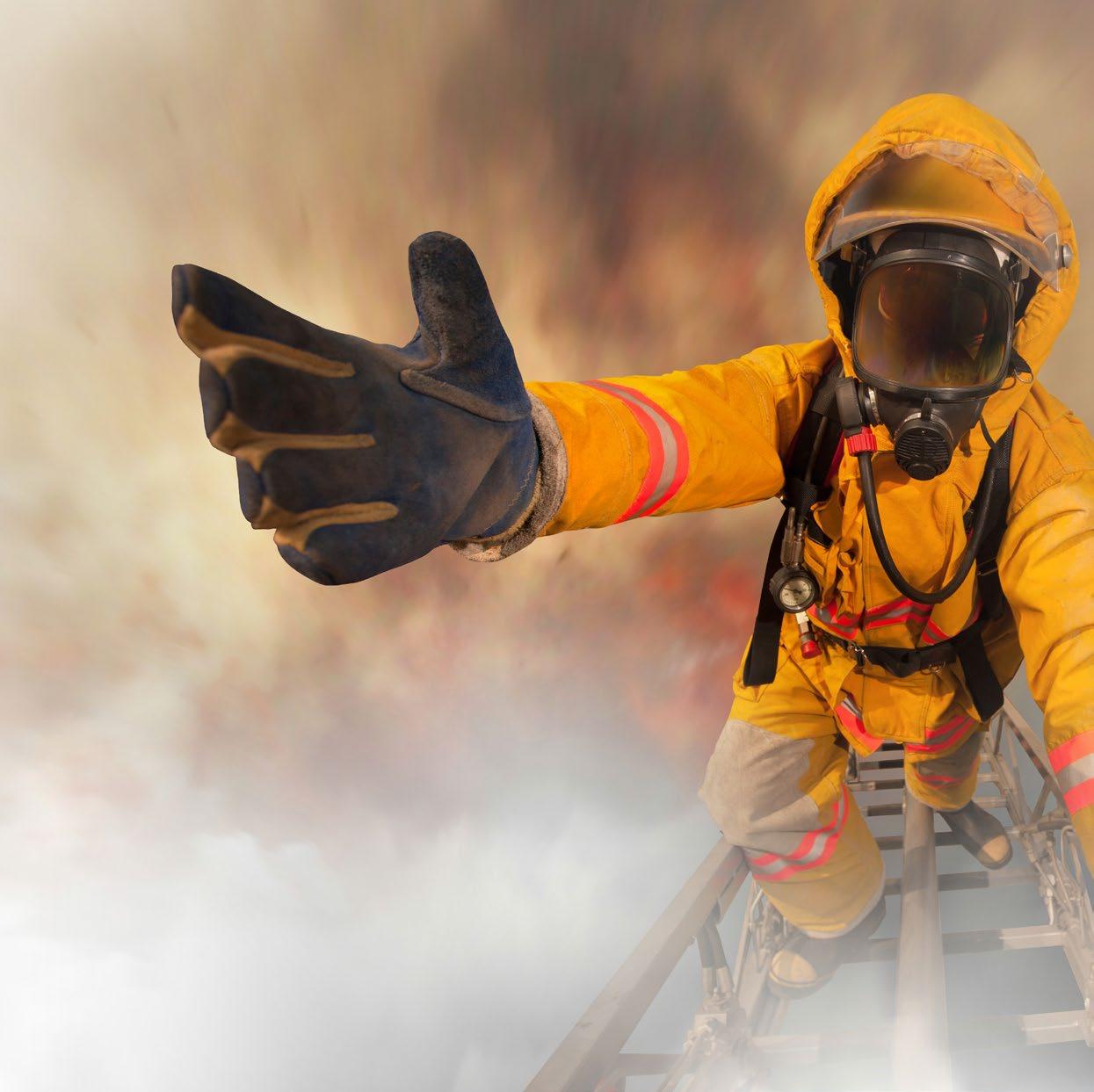
1 minute read
Physics
Entry Requirements
Prospective students will need a minimum of 5 GCSEs at grade 4 or above. You will need a minimum of a grade 6 in GCSE Physics or a grade 7 in Combined Science and a minimum of a grade 6 in GCSE Maths.
Advertisement
WHAT WILL I STUDY?
Physics is a multidisciplinary subject which studies the fundamental nature of pretty much everything we know, from the smallest bit of matter inside atoms to the furthest expanses of the universe, along with the laws that govern their observable behaviour. Students will study 9 topics over the 2 year course.
In year 12 students will be taught 5 units covering Measurements & their errors, Particles and radiation, Waves, Mechanics & energy and Electricity.
How to apply
You can apply through our website via a simple online form. Applications open in October www.hanson.org.uk
In year 13 students will build on what was covered in year 12 when they are taught 4 units covering Further mechanics & thermal physics, Fields, Nuclear physics and an option subject (Astrophysics or Medical physics).
The course is assessed by three exams at the end of the course, each exam is two hours long. Paper 1 covers content taught in year 12 (and part of the Further mechanics topic) with short and long answer questions and 25 multiple choice questions. Paper 2 covers the content covered in year 13 (excl. the option subject) with short and long answer questions and 25 multiple choice questions. Paper 3 covers the Practical skills and data analysis content and the Year 13 optional topic with short and long answer questions. Students will complete 12 required practicals over the two years, by doing this they will achieve the practical endorsement which is required for some higher education courses.
Future Opportunities
Studying A-level Physics offers an amazing number of career opportunities including; Geophysicist/field seismologist, Healthcare scientist, Medical physics, Higher education lecturer, Radiation protection practitioner, Research scientist (physical sciences), Scientific laboratory technician, Secondary school teacher, Meteorologist, Structural engineer, Acoustic engineer, Product/process development scientist, Systems developer, Technical author. You can also move into engineering, astrophysics, chemical physics, nanotechnology, renewable energy and more, the opportunities are pretty endless.










